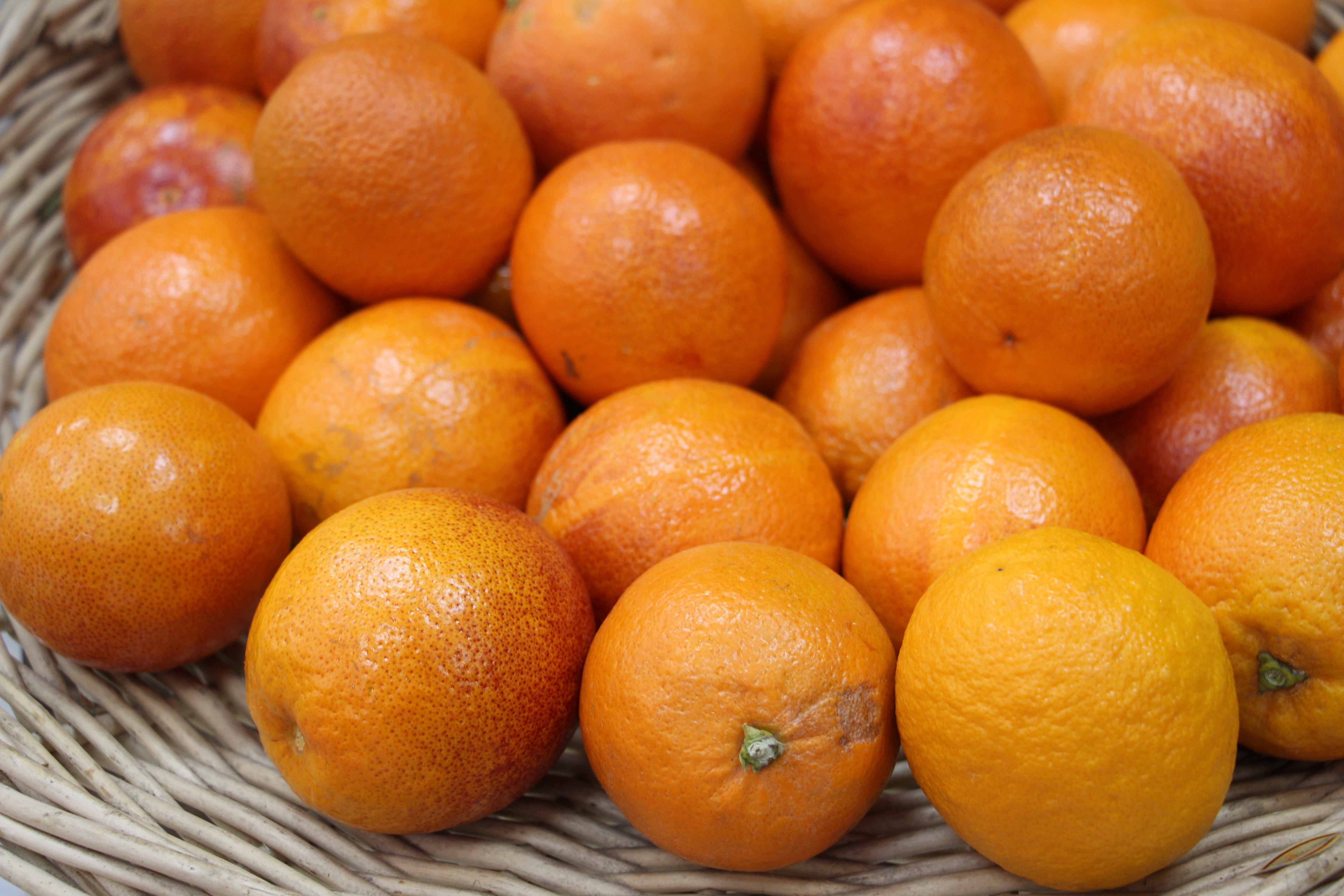When I was learning French in school, it’s perhaps no surprise, I always loved it when we got to the food chapter.
It’s not just because it was easy — after all, while we always learned new grammar, we somehow also had a chapter in our textbooks giving us the same old food vocabulary every single year. But I also loved it because food, more than any other chapter of those books, gave us a glimpse into French culture. How? There were words in the chapter that we just didn’t use or have in English.
I remember a blurb explaining the word croustillant, which kind of means crisp or crunchy and is used to describe the crust of a perfect baguette. I remember, also, that while the word for supermarket – supermarché — was included, there were also tons of other words – boucherie, charcuterie, poissonnerie, fromagerie — for stores where you bought individual items. It seemed quaint, and I often wondered if the French actually went to all of those individual stores or if the teacher was trying to pull one over on us.
Now, I won’t feed into stereotypes of France that have folks believing that everyone still wears a beret and does their groceries at the market on a bicycle. We do have supermarkets here, and I’m guilty of doing about half of my shopping at them.
That said, I do a good deal of shopping at my local Ruche, where I buy most of my meat, especially since leaving my job and therefore my favorite boucherie, which was right next door. I still buy much of my fish at the poissonnerie near my gym, and whatever produce I don’t get at the Ruche, I get at my local primeur, who I visit at the very least twice a week.
I’d say that amongst the different types of specialty stores, the primeur is the most common (after the boulangerie, bien sûr.) They sell fruits and vegetables, as well as some dried fruits and nuts. Some, like mine, even sell eggs.
I eat a lot of fruit and vegetables (my sister and I easily get through three kilos of fruit a week), so I used to go the way of cost effectiveness and buy the cheap net bags of clementines at the supermarket.
But then I realized something: it’s just not worth it.
Not only is the quality legions better at the primeur (it seems that every time I buy a pack of lemons, even from higher-end Monoprix, at least one of them rots within 10 hours of me getting it home), it’s just a more enjoyable shopping experience.
I like seeing the seasonal offers in the very front change with the seasons. I like being allowed to buy only a quarter of a particularly large squash.
I like the way that all of the vegetables are laid out, the handwritten signs that tell you what they are and where they’re from. I like the fact that the longest line I’ve ever seen was two people long.
I like the little fork in the beet box, so that you can spear an already cooked beet into a bag and take it home and eat it, just like that.
But most of all, I love my primeur.
When I buy avocados from him (as you can see, he keeps them safely behind the counter where no one else can squeeze them), he always asks me what day I plan to eat them, so that he can choose one of the appropriate ripeness (and he’s always spot on).
Every time I walk by on my way to the tram, even if I’m not stopping to buy anything, he calls out, bonjour, ça va ?Â
And when I was photographing his produce, he asked me, “Et le primeur ?” and struck a pose.
(He also got very bashful when I actually took his picture, and told me he felt bad about his apron being dirty.)
I only moved to this neighborhood in August, so this will be my first spring with my primeur. Already, the green and purple globe artichokes are popping up, and there are even some pink radishes, just begging to be dipped in butter and salt. I can’t wait to see what else he’ll be selling to inspire me in the coming weeks.









